Help...jar of pickles didn't seal
kent4489
12 years ago
Featured Answer
Comments (34)
digdirt2
12 years agoreadinglady
12 years agoRelated Professionals
Comstock Park Landscape Architects & Landscape Designers · Clark Landscape Architects & Landscape Designers · Bellefontaine Neighbors Landscape Contractors · Burien Landscape Contractors · Cicero Landscape Contractors · Hannibal Landscape Contractors · Indio Landscape Contractors · Mequon Landscape Contractors · Plymouth Landscape Contractors · San Bruno Landscape Contractors · West Orange Landscape Contractors · East Norriton Roofing & Gutters · Manteca Roofing & Gutters · Dearborn Driveway Installation & Maintenance · Randolph Driveway Installation & Maintenancereadinglady
12 years agodigdirt2
12 years agokent4489
12 years agoLinda_Lou
12 years agoindigobleu
10 years agoreadinglady
10 years agoindigobleu
10 years agodigdirt2
10 years agoindigobleu
10 years agoreadinglady
10 years agoseysonn
10 years agoreadinglady
10 years agodigdirt2
10 years agoLinda_Lou
10 years agoseysonn
10 years agodigdirt2
10 years agoreadinglady
10 years agoLinda_Lou
10 years agoseysonn
10 years agoindigobleu
10 years agoEd Lundquist
7 years agodigdirt2
7 years agoEd Lundquist
7 years agoannie1992
7 years agoEd Lundquist
7 years agodigdirt2
7 years agoHU-207717504
3 years agoannie1992
3 years agoHU-374731800
3 years agoDavid Raulerson
last yeardocmom_gw
last year
Related Stories
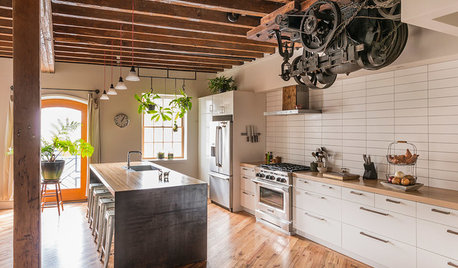
GREEN BUILDINGHouzz Tour: Pickle Factory Now an Energy-Wise Live-Work Space
A charming but poorly insulated 1880s Philadelphia commercial building becomes a spacious energy-efficient home and studio
Full Story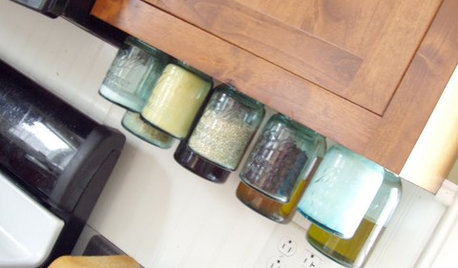
KITCHEN DESIGNGet Organized: Easy DIY Mason Jar Storage
Create a clever under-cabinet pantry system with pretty vintage jars
Full Story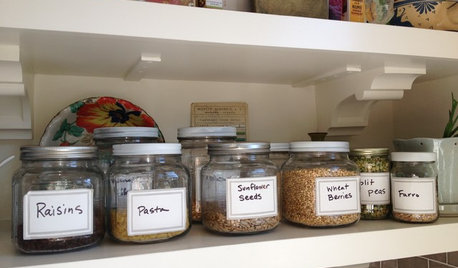
KITCHEN STORAGEArtful Organizers: Jars for Pretty Pantry Displays
Ditch the disheveled look of mismatched boxes and bags for colorful or clear pantry jars in an appealing arrangement
Full Story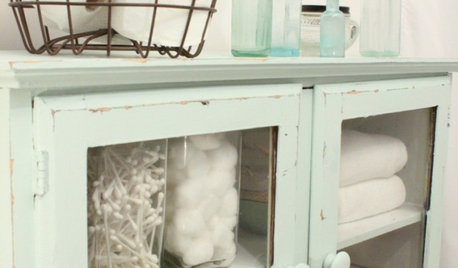
LIFEDecluttering — How to Get the Help You Need
Don't worry if you can't shed stuff and organize alone; help is at your disposal
Full Story
HOUZZ TOURSMy Houzz: Yard Seals the Deal for an Eichler Home
Expansive indoor-outdoor living sold a couple on this midcentury California home, now brimming with vintage finds collected over time
Full Story
COLORPick-a-Paint Help: How to Create a Whole-House Color Palette
Don't be daunted. With these strategies, building a cohesive palette for your entire home is less difficult than it seems
Full Story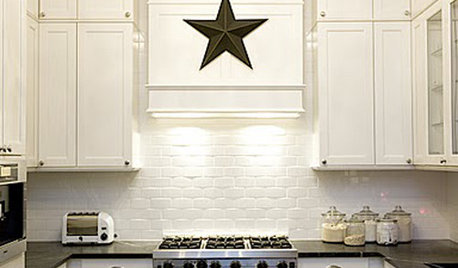
DECORATING GUIDESSuper-Versatile Storage: Lidded Glass Jars
See-Through Containers for Kitchen, Bathroom, Laundry Room and Beyond
Full Story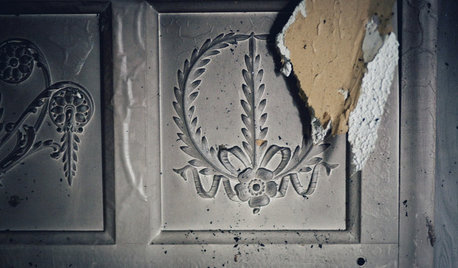
MOST POPULAR9 Real Ways You Can Help After a House Fire
Suggestions from someone who lost her home to fire — and experienced the staggering generosity of community
Full Story
SELLING YOUR HOUSE5 Savvy Fixes to Help Your Home Sell
Get the maximum return on your spruce-up dollars by putting your money in the areas buyers care most about
Full Story
DECLUTTERINGDownsizing Help: Choosing What Furniture to Leave Behind
What to take, what to buy, how to make your favorite furniture fit ... get some answers from a homeowner who scaled way down
Full Story





kent4489Original Author